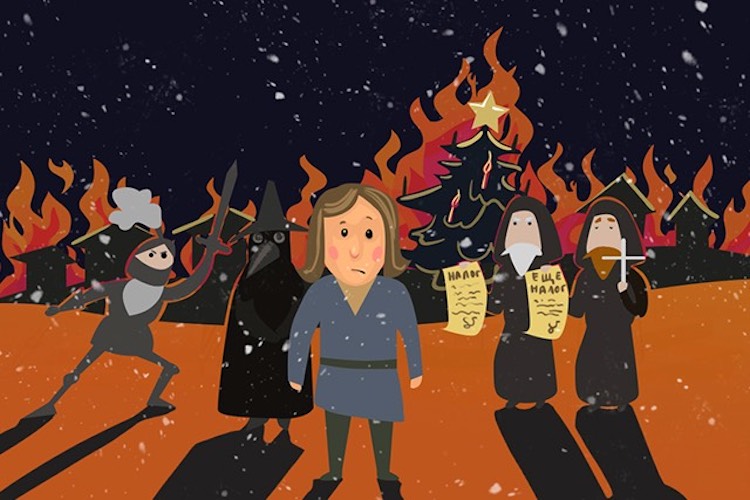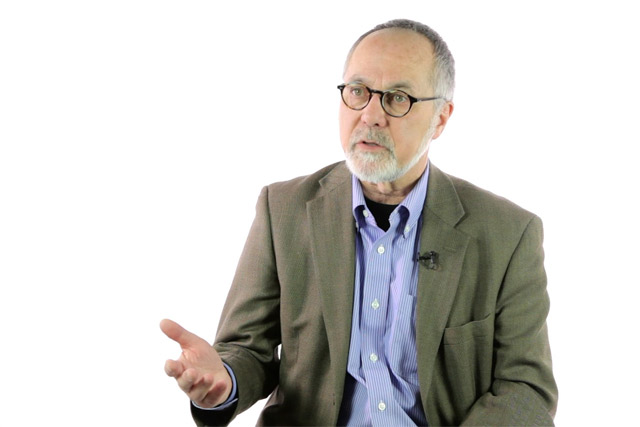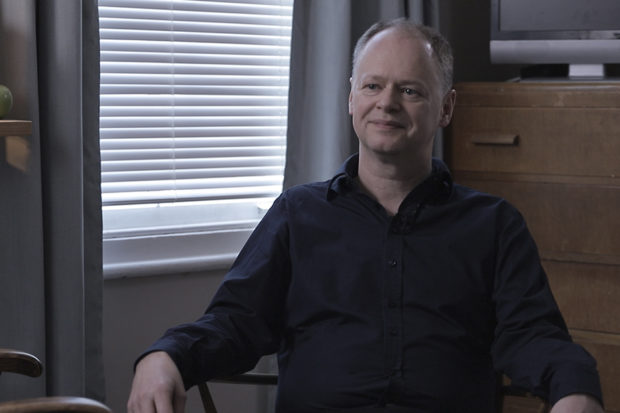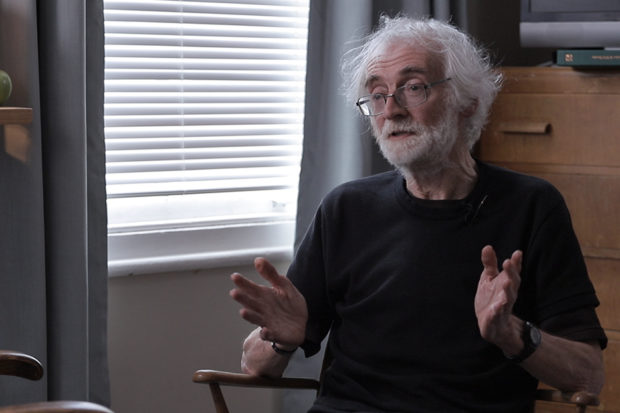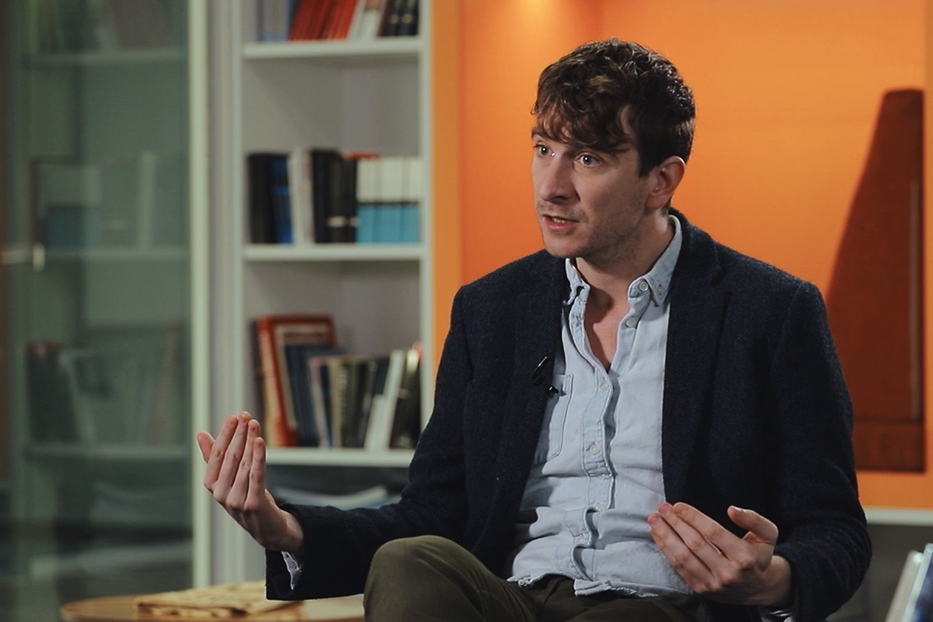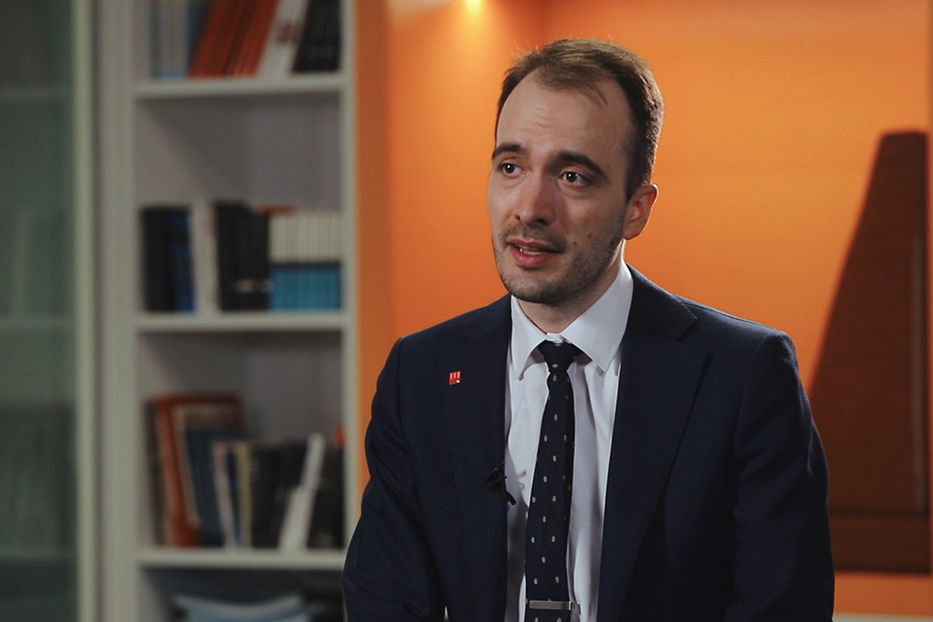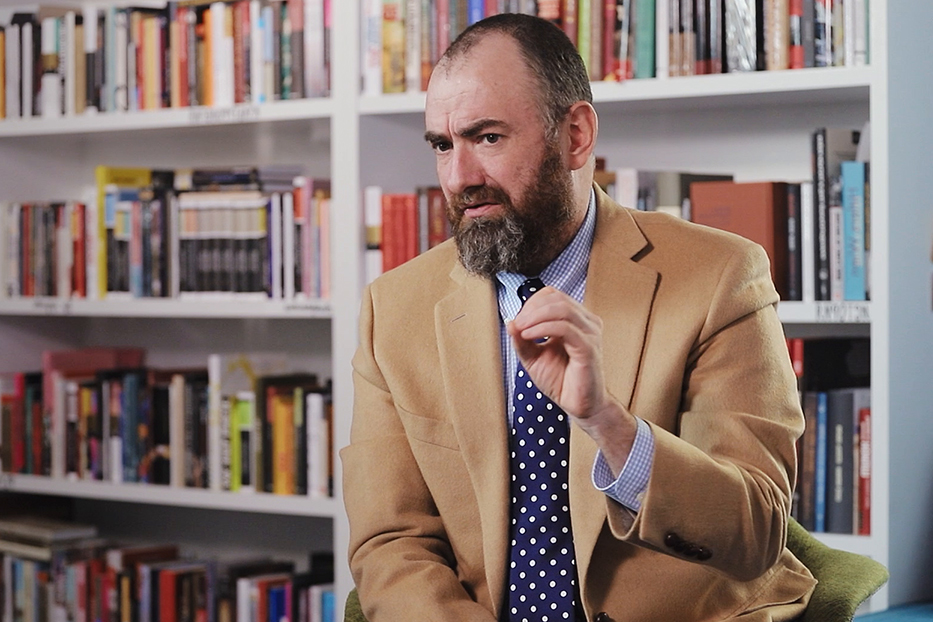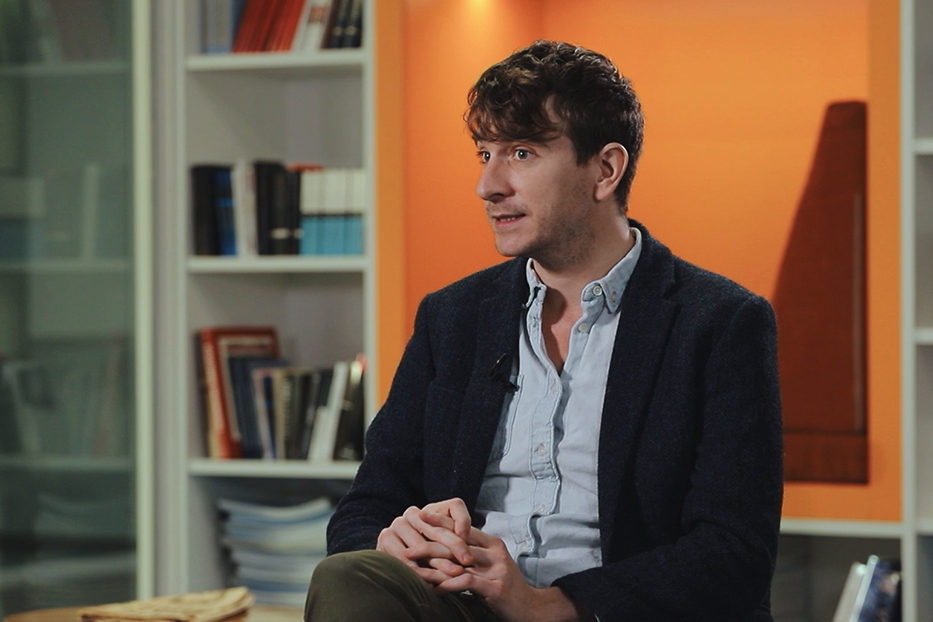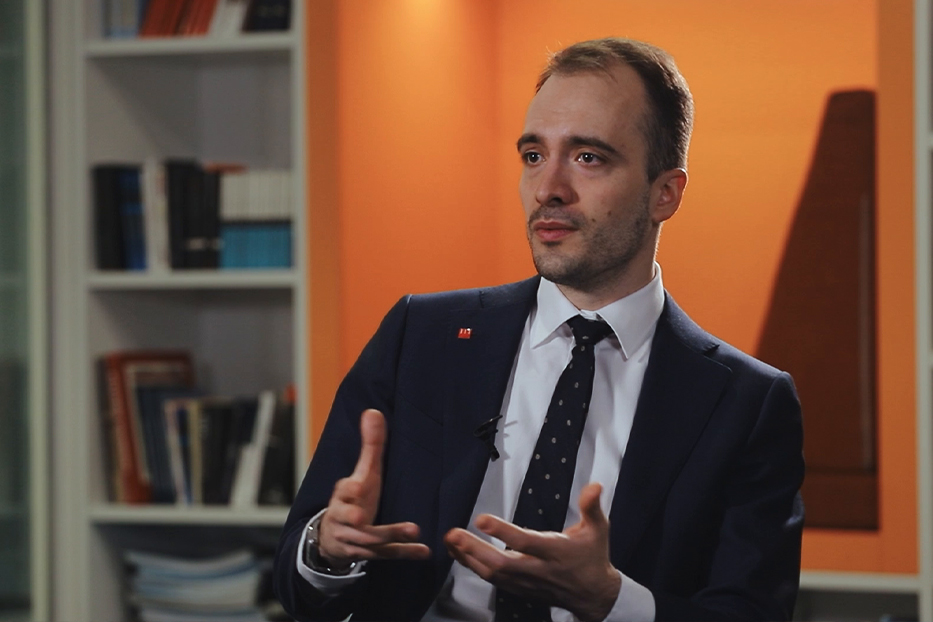Dante’s Heaven
Alessandro Scafi on Divine Comedy story line, the desire of God, and Mark Twain
videos | July 20, 2017
The video is a part of the project British Scientists produced in collaboration between Serious Science and the British Council.
There is a great Italian of the past who claimed to have there, to have visited Paradise, to have met God. He claimed to have done this passing through the darkness of Hell, climbing up the mountain of Purgatory and then approaching the beauty of the glory of God. This is Dante Alighieri, an Italian poet who was born in Florence in 1265 and died in Ravenna, in exile, in 1321.
Dante made use of this medieval mystical notion of contemplation of God as a desire of God. Medieval mystical writers, people like Bernard of Clairvaux and also Gregory the Great, emphasized the dynamics by which you find God only if you seek God, and you seek God only when you find him. You can seek God only if you already found him. And this desire for God allows for the 33 canto to be displayed, because Dante should have met God immediately: as soon as Beatrice goes to the first heaven, he sees God, but it doesn’t happen. The cantica of the Paradiso is not a story of the vision of God – not at all, the cantica is the story of Dante’s longing for this vision.

The Paradise is not boring, as Mark Twain claimed, but it’s joy, it’s ecstasy, it’s love, because it’s the joy of the soul who has recognized the deepest desire of itself, which is to go beyond itself, to be human is to be transhuman, if you deny this, you are in Hell, if you practice it, you are in Paradise. A paradise is a movement, a process, a place of desire.












